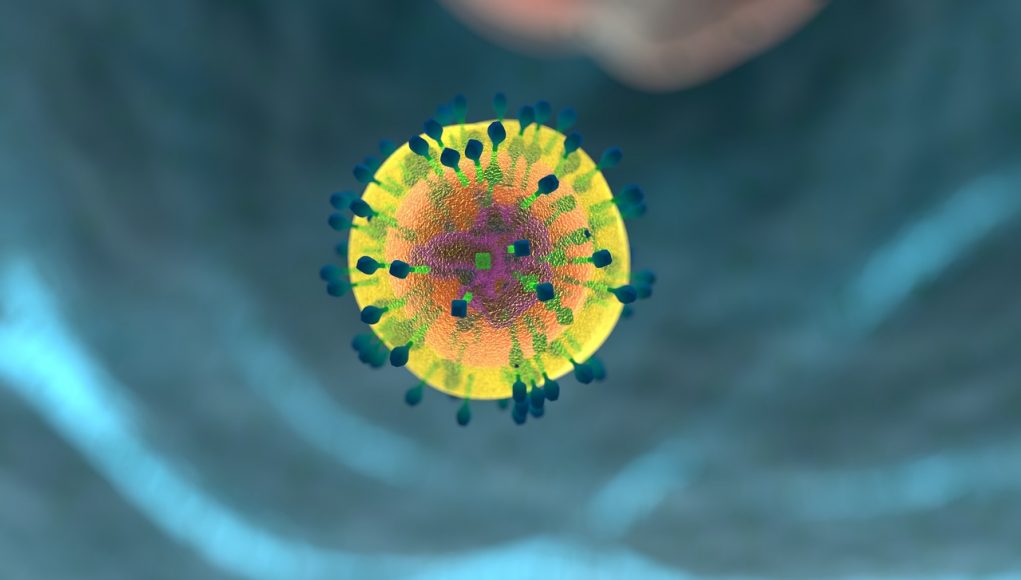In the study titled, “Imaging dynamic neuroimmune responses to LPS in tobacco smokers: a [11C]PBR28 PET study”, researchers looked at baseline scans of 16 smokers and 19 nonsmokers. A subset of eight smokers and nine nonsmokers also participated in a second scan three hours after an administration of the pro-inflammatory stimulus lipopolysaccharide (LPS).
“Our preliminary work suggests that restoring the immune system may benefit tobacco smokers. Immune dysfunction is linked to cognitive dysfunction, which is also a typical complaint in smokers trying to quit.” Ansel T. Hillmer, PhD.
The findings indicated no significant differences in the baseline scans between smokers and nonsmokers. However, the response to LPS was significantly lower in smokers vs. the one in nonsmokers. This was more apparent in certain regions of the brain, including the striatum and cortex.
The researchers concluded that the preliminary results of this ongoing study provide initial evidence that the neuroimmune function in tobacco smokers may be impaired when compared to that of nonsmokers. “Our preliminary work suggests that restoring the immune system may benefit tobacco smokers. Immune dysfunction is linked to cognitive dysfunction, which is also a typical complaint in smokers trying to quit,” said Ansel T. Hillmer, PhD, assistant professor of radiology and biomedical imaging and of psychiatry at Yale University in New Haven, Connecticut.
“This is the first demonstration of group differences with this imaging paradigm. Our findings indicate an important new role for molecular imaging in clinical research studying the brain’s immune system.” said “We hope to explore in future research how restoration of the immune system may help smokers quit by improving cognitive function,” he added.
Read Further: News












